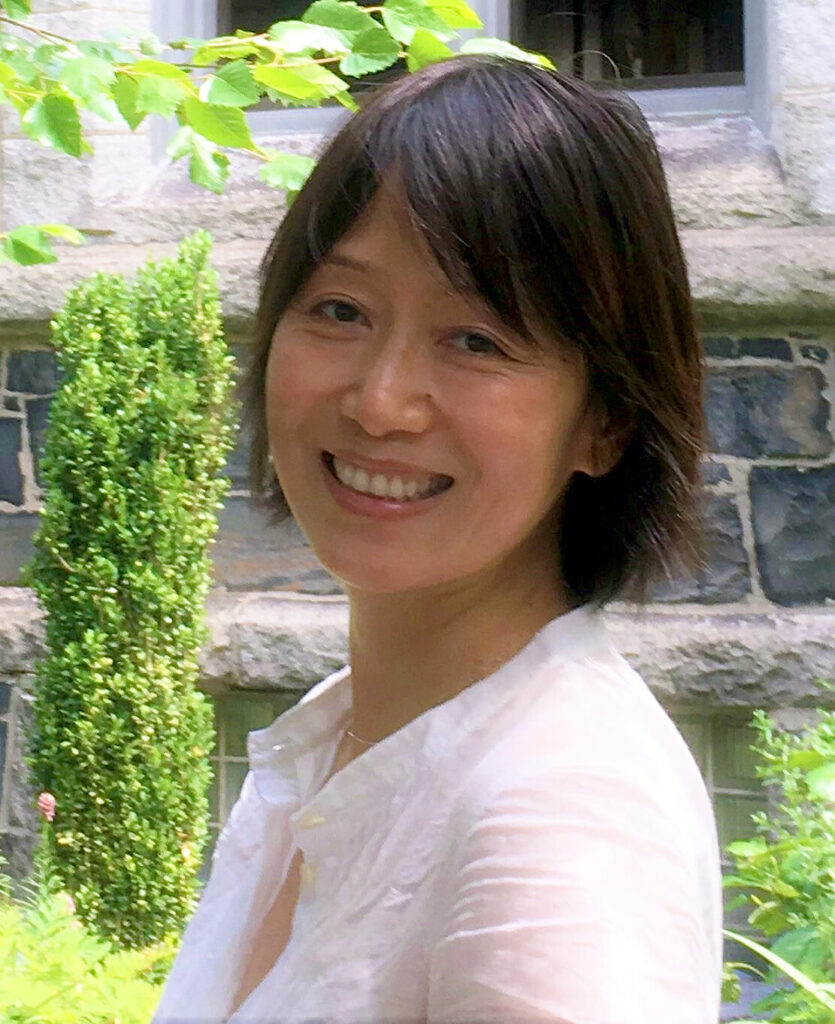
The use of nanotechnology in the diagnosis, imaging and treatment of human diseases is the topic of the University of Mississippi’s next monthly Science Cafe.
Chalet Tan, associate professor of pharmaceutics and drug delivery and research associate professor in UM’s Research Institute of Pharmaceutical Sciences, will discuss “NanoMedicine: Less is More” Tuesday (April 24) at the fourth and final Science Cafe of the semester. The meeting is set for 6 p.m. at Lusa Bakery Bistro and Bar, 1120 North Lamar Blvd. Admission is free.
Tan’s 30-minute presentation will explore how nanoscale drug delivery systems can improve the efficacy of anticancer drug therapies while minimizing their detrimental side effects, a research area being pursued in her laboratory.
“Nanomedicine is transforming the detection, diagnosis and treatment of human disease,” she said. “Fifty years ago, physicist and Nobel Laureate Richard P. Feynman proposed the concept of the nanosurgeons and nanodevices, where he urged researchers to develop nanosystems capable of interacting with the body at the cellular and molecular level.
“Today, nanotechnology has become a vital force behind the development of nanomaterials and their applications in medicine.”
Tan’s talk should be most interesting, said Marco Cavaglia, professor of physics and astronomy and organizer of the Science Cafe programs.
“Dr. Tan’s research is timely and engaging,” Cavaglia said. “She is a highly recognized scientist and her research on nanomedicine is published in top journals.
“Dr. Tan enjoys transmitting her research in a way that appeals to the general public. We are going to have fun and I hope that many people come to know her and enjoy her presentation.”
A postdoctoral fellow in cancer biology and therapeutics at the National Cancer Institute in Bethesda, Maryland, Tan earned her doctorate in pharmaceutical sciences from the University of Georgia. She also holds a bachelor’s degree in pharmacy from Shanghai Medical University (now Fudan University) in China.
Tan’s primary research interest in her laboratory focuses on the synthesis and evaluation of novel long-circulating nanocarriers for the delivery of microRNAs and small-molecule anticancer drugs. By combining approaches in pharmaceutical sciences and cancer biology, she aims to construct robust nano-sized drug delivery systems with broad applicability to improve the efficacy of anticancer agents.
For more information about Oxford Science Cafe programs, go to https://www.phy.olemiss.edu/
By Edwin B. Smith
For questions or comments email us at hottytoddynews@gmail.com.

